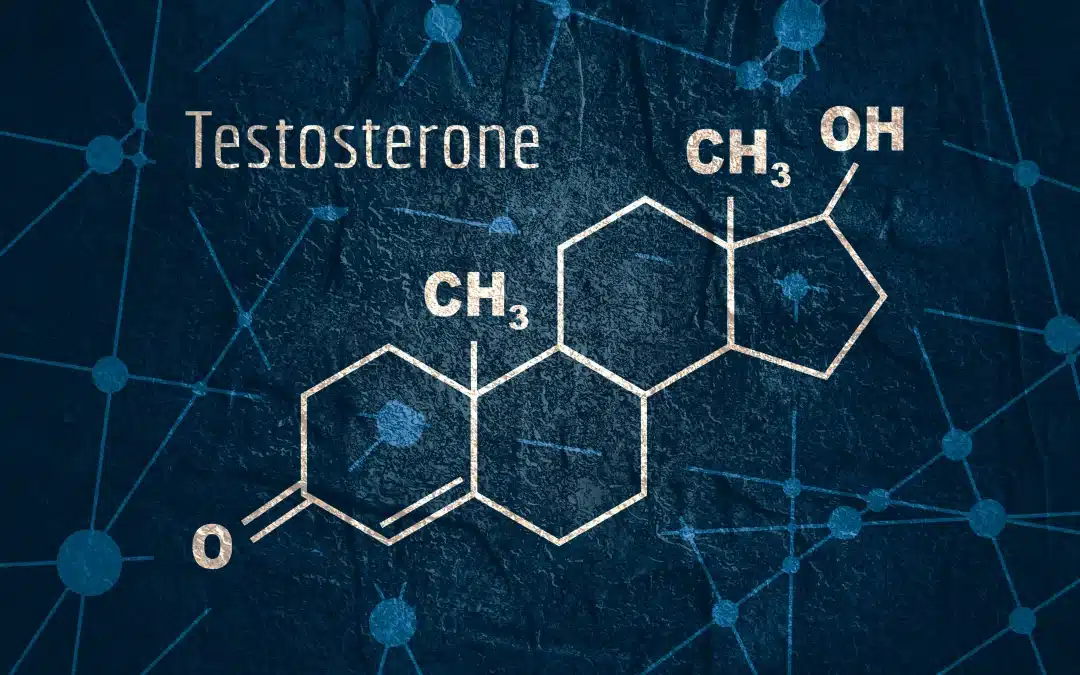The question of whether soy is bad for your gut is one that has been hotly debated in health and nutrition circles. With the growing popularity of plant-based diets, soy products like tofu, tempeh, and soy milk have become dietary staples for many. But what does the science say about the impact of soy on gut health? Is it a friend or foe? This article aims to answer this question by diving deep into scientific research and expert opinions.
Table of Contents
- Introduction to Soy
- The Components of Soy: What You Need to Know
- The Gut-Soy Relationship: The Debate
- What Doctors and Scientists Say
- Pros and Cons of Soy on Gut Health
- Conclusion
Introduction to Soy
Soybeans are a type of legume native to East Asia and are an essential component in various cuisines worldwide. They are a significant source of protein, especially for vegetarians and vegans, and contain other nutrients like fiber, vitamins, and minerals. Despite its nutritional benefits, soy has been the subject of much controversy, especially concerning its impact on gut health.
The Components of Soy: What You Need to Know
Soy contains several bioactive compounds that include phytoestrogens, saponins, and lectins. The presence of these compounds leads to conflicting opinions about soy’s effects on gut health.
The Gut-Soy Relationship: The Debate
There are two sides to the debate on soy and gut health. On one hand, soy’s fiber content and its probiotic benefits are often cited as beneficial for gut health. On the other hand, certain components of soy, such as phytic acid and lectins, are labeled as “anti-nutrients” that may cause digestive issues.
What Doctors and Scientists Say
To shed light on the matter, let’s consider what medical experts and research studies have found.
- Phytic Acid: Dr. Andrew Weil, a Harvard-trained medical doctor, points out that phytic acid can bind to minerals in the gut and prevent their absorption. However, the impact is minimal and generally not a concern for those with a balanced diet.
- Lectins: According to Dr. Alessio Fasano, director of the Center for Celiac Research, lectins can be harmful in large quantities but are mostly neutralized when cooked, as is typically the case with soy products.
- Probiotic Effects: A study published in the Journal of Nutritional Biochemistry suggested that soy isoflavones could promote the growth of beneficial bacteria in the gut, contributing to better gut health.
- Saponins: Researchers at the University of Illinois found that saponins could have a beneficial effect on gut permeability, potentially aiding in nutrient absorption.
- FODMAPs: Soybeans are high in FODMAPs, which could exacerbate symptoms in people with irritable bowel syndrome (IBS), says Dr. Peter Gibson, the pioneer of the low FODMAP diet.
Pros and Cons of Soy on Gut Health
Pros:
- High Fiber Content: Good for regular bowel movements and microbial diversity.
- Probiotic Benefits: May promote the growth of beneficial bacteria.
- Saponins: Could improve nutrient absorption.
Cons:
- Phytic Acid: May inhibit mineral absorption but generally not a concern for those on a balanced diet.
- Lectins: Could be harmful but are mostly neutralized when cooked.
- FODMAPs: Not suitable for people with IBS.
Conclusion
So, is soy bad for your gut? The answer seems to be that it depends on your individual health circumstances and how you consume soy. In general, moderate consumption of cooked soy products appears to be safe for most people and may even offer some gut health benefits. However, if you have specific gastrointestinal issues like IBS, it’s essential to consult with a healthcare provider before making significant dietary changes involving soy.
With conflicting opinions and research findings, it’s clear that more studies are needed to fully understand the impact of soy on gut health. For now, moderation and balance appear to be key.
References
- Weil, A. “Phytic Acid Concerns,” DrWeil.com
- Fasano, A. “Lectins: Harmful or Harmless?” Center for Celiac Research
- “The Impact of Soy Isoflavones on Gut Health,” Journal of Nutritional Biochemistry
- “The Role of Saponins in Gut Permeability,” University of Illinois Research
- Gibson, P. “High and Low FODMAP Foods,” Monash University







